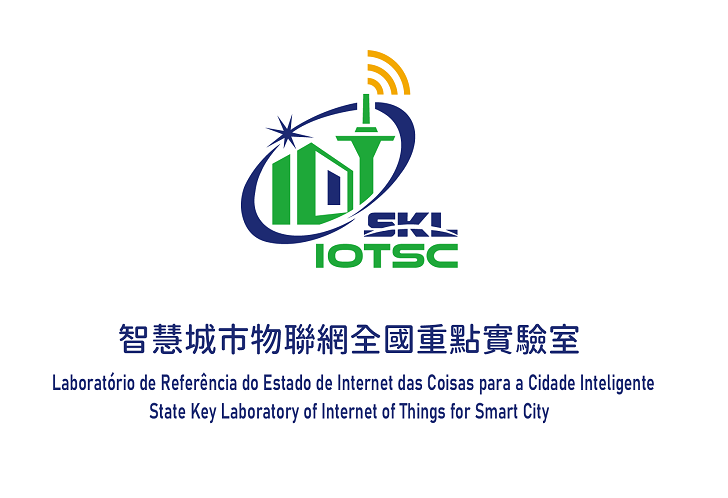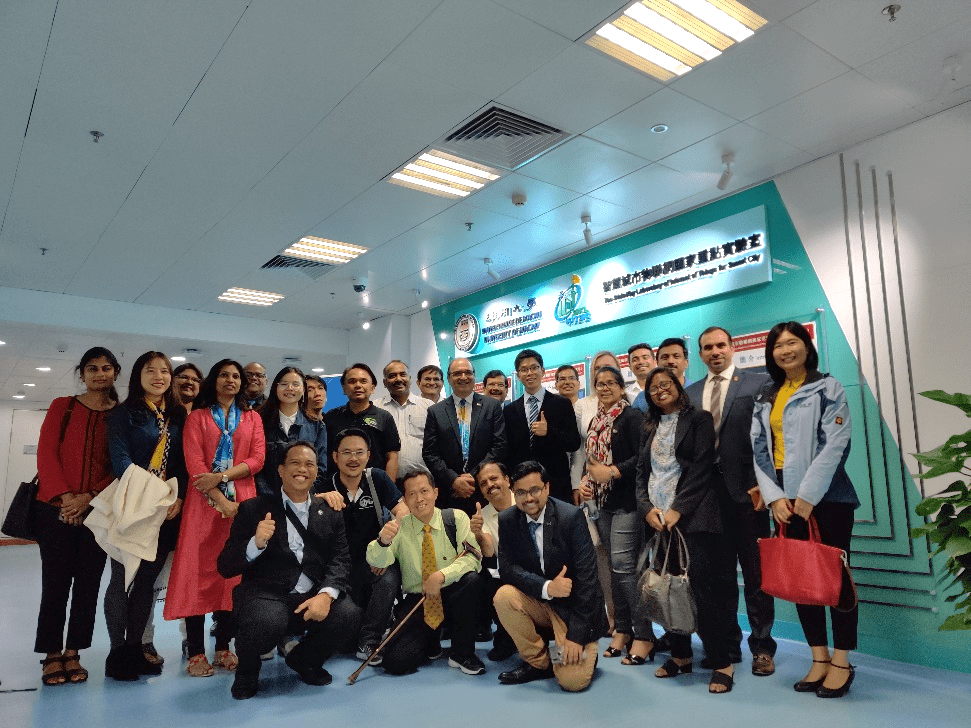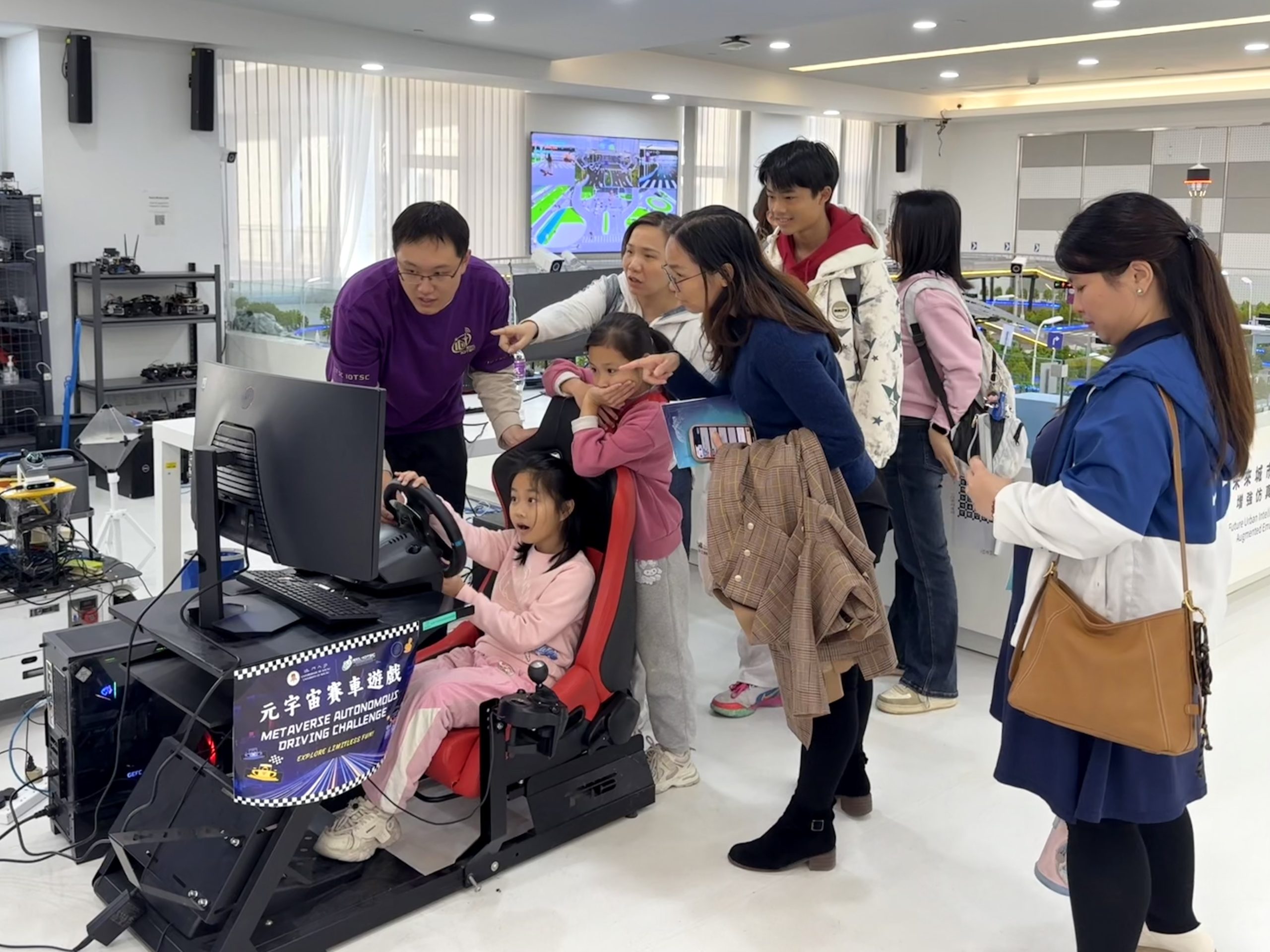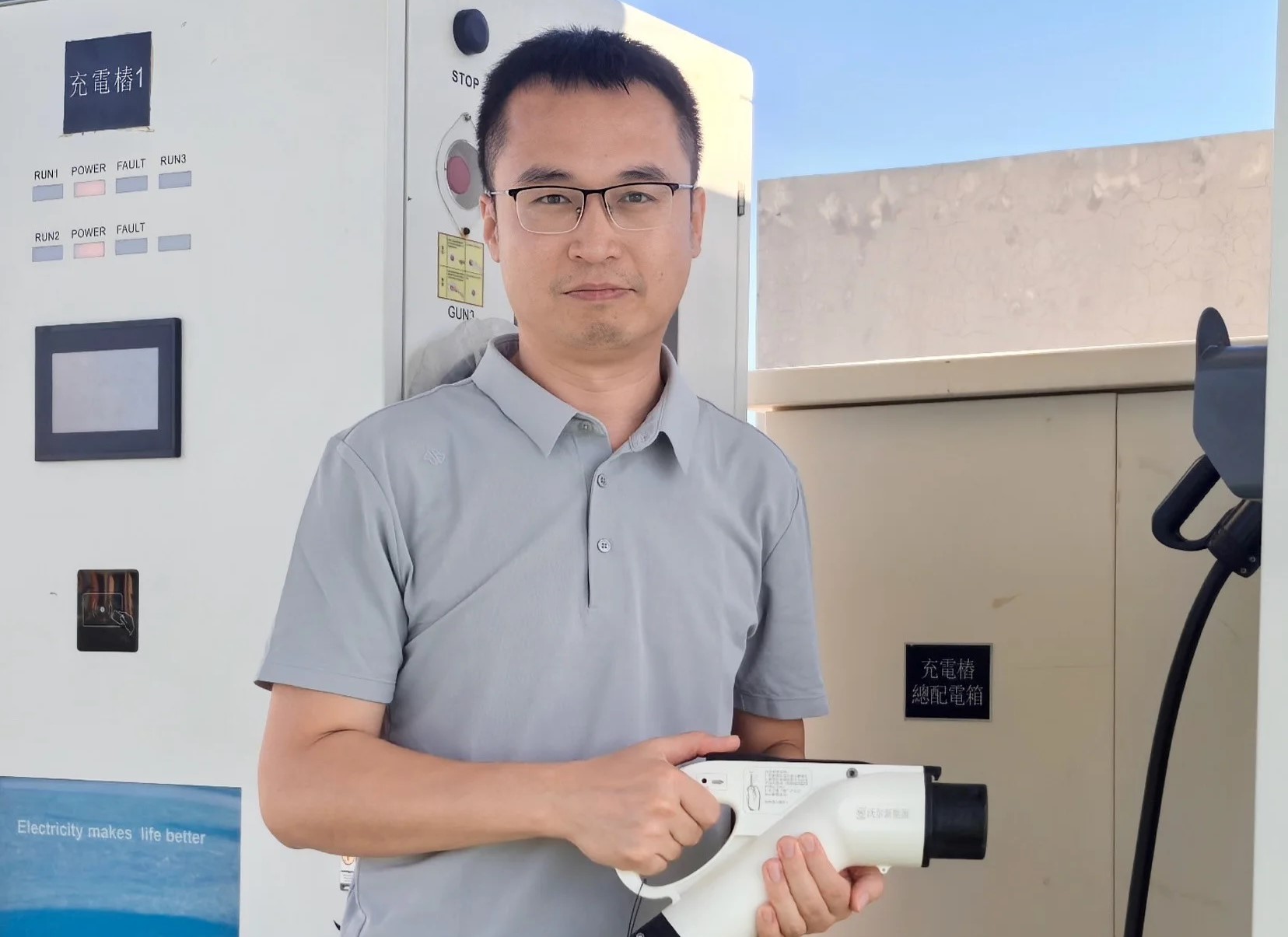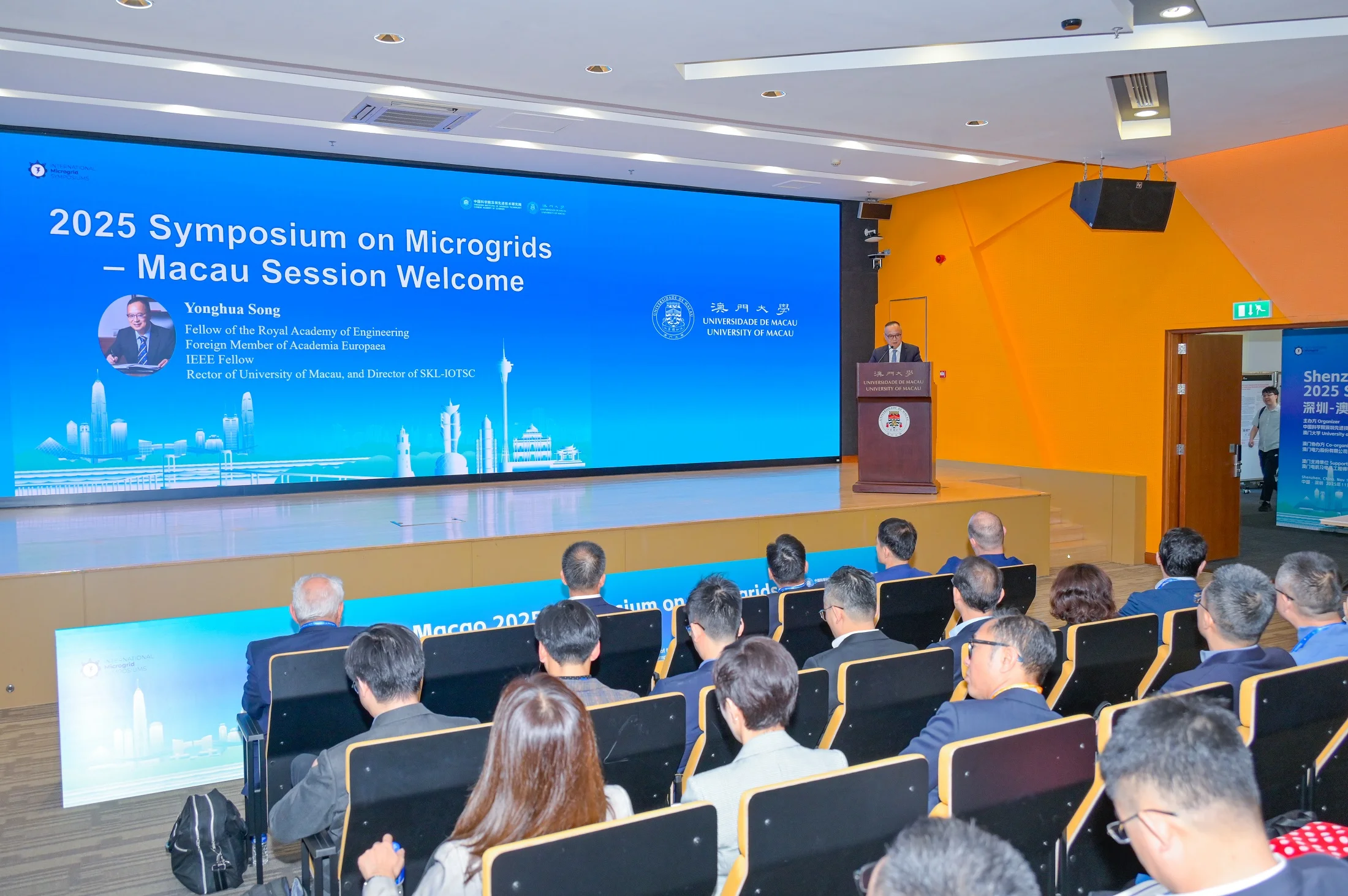The IEEE PES Chapter held the Asia Pacific (R10) Conference on December 1, 2019 at the Grand Lapa Hotel in Macau. Participants included more than 30 Asia-Pacific branch representatives from different regions in China, Australia, Thailand, Philippines, India, etc. The meeting was chaired by Dean Sharafi, the Asia-Pacific representative of the International Institute of Electrical and Electronics Engineers (IEEE PES Chapter) Asia-Pacific Region, and invited Frank C. Lambert, the elected president of the IEEE PES Chapter, and Mazana Armstrong, the current vice president, to introduce the future development direction of the society. and development changes. The meeting gathered representatives from various branches of academia and industry. Through communication and exchanges, each representative meeting shared important experiences with each other in popularizing electricity and energy and attracting young talents to join the development of the energy industry. The conference hopes to allow multiple Asia-Pacific branches, including the International Institute of Electrical and Electronics Engineers Electric Power and Energy Society Macau Branch, to combine their own advantages and unite professionals through an international perspective to contribute to the sustainable development of energy in the region.
In the afternoon of the same day, the participants were invited to the Hengqin Campus of the University of Macau to participate in the welcome reception for the IEEE Asia Pacific Power and Energy Conference (APPEEC) 2019 “The 11th IEEE Asia Pacific Power and Energy Engineering Conference”, an annual event of the IEEE PES Chapter. During the reception, Professor Song Yonghua, President of the University of Macau and Director of the State Key Laboratory of Internet of Things for Smart Cities, introduced the development and prospects of the University of Macau, as well as its future key directions, to the attendees. After the cocktail party, the participants visited the National Key Laboratory of Smart City Internet of Things at the University of Macau to learn about the research of new energy consumption, energy conservation and emission reduction, network collaborative control, security protection and other aspects of the Smart Energy Research Laboratory, and visited the new energy and electric power Demonstration of mass-tuned devices. Participants said that the University of Macau’s National Key Laboratory of Smart City Internet of Things has provided significant support for research resources, which has helped improve research levels, and they look forward to more opportunities to collaborate with the University of Macau and the National Key Laboratory of Smart City Internet of Things in the future. In-depth communication.
The Macau branch of the International Institute of Electrical and Electronics Engineers (IEEE PES Chapter) said that this conference will help the society refer to international experience and will be more conducive to energy research and development in Macao. In addition, the State Key Laboratory of Smart City Internet of Things can provide an effective training and research platform, and can actively attract and unite local professionals to serve Macao’s smart cities and smart energy systems.



